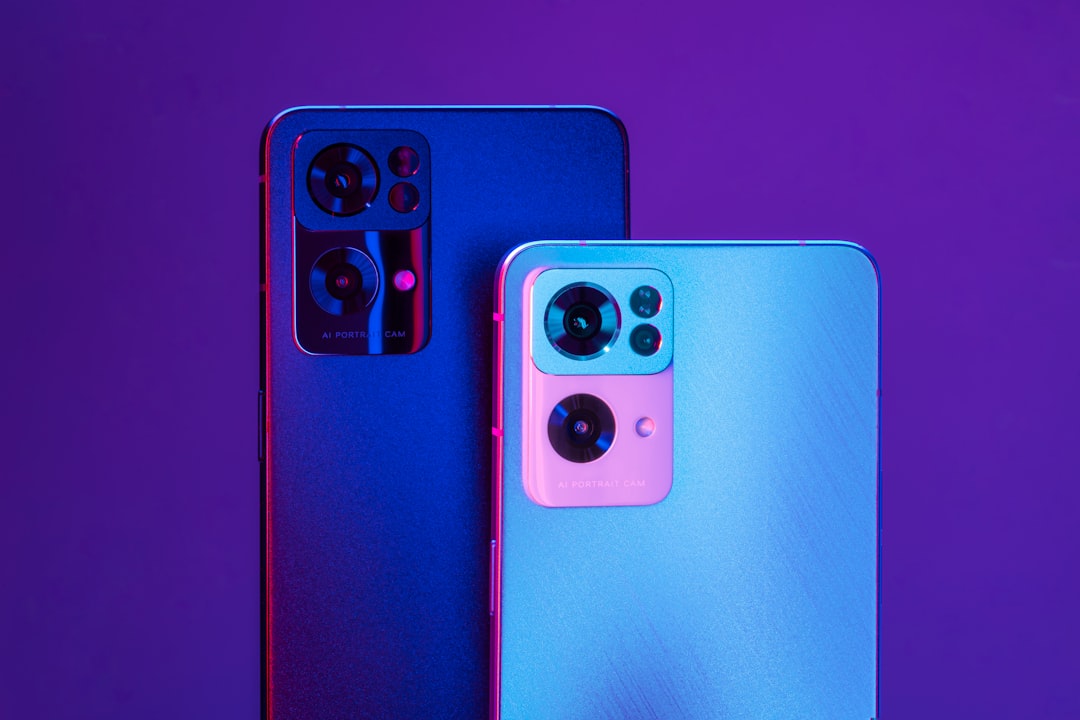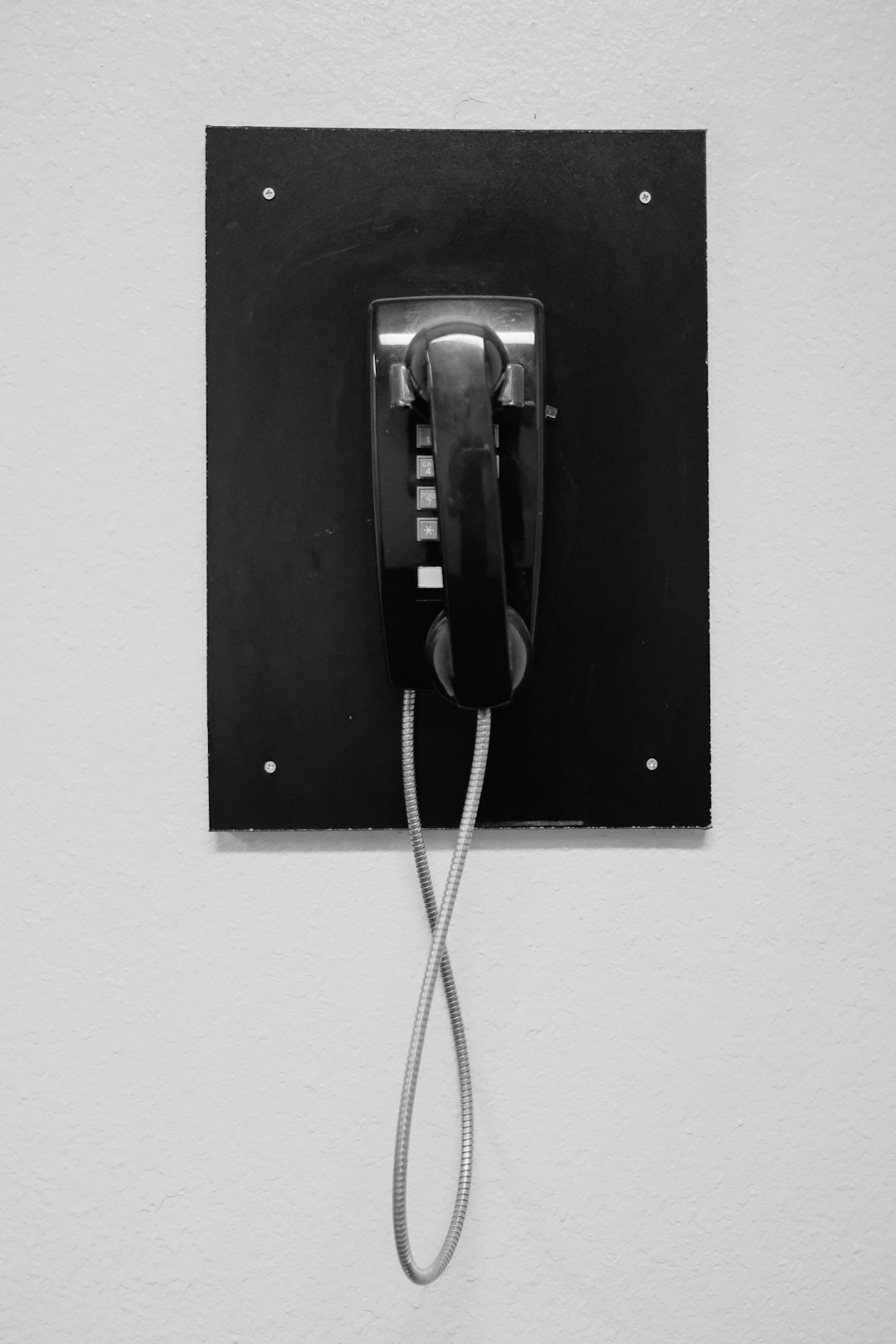An autodialer attorney in Oregon is essential for businesses using automated dialing systems to comply with state and federal laws, such as the TCPA. These specialists navigate telemarketing rules, ensuring transparency and recipient consent, drafting legal documents, implementing opt-out options, and monitoring call data to protect against penalties and maintain ethical marketing practices. Oregon businesses should seek their guidance due to the complex legal implications of autodialer usage, including obtaining explicit consent, preventing nuisance calls, and facing potential fines or class-action lawsuits for non-compliance.
“Uncovering the legal intricacies surrounding autodialer usage in Salem, Oregon, this article delves into a crucial aspect of modern telecommunications. We explore the ‘Understanding Autodialers and Their Legal Framework’ within the state’s boundaries. Furthermore, it examines federal laws governing autodialer use, shedding light on permissible applications.
Through case studies and insights from local attorneys, we navigate the complexities of autodialer usage in Salem, offering valuable insights for businesses and legal professionals alike, especially in the context of consumer protection and privacy.”
Understanding Autodialers and Their Legal Framework in Oregon

Autodialers, also known as automatic dialing systems, are software applications that automate the process of placing telephone calls to multiple recipients. In Oregon, the use of autodialers is regulated by state laws and industry standards aimed at protecting consumers from unwanted or deceptive telemarketing practices. The legal framework surrounding autodialers is designed to ensure transparency and consent in communication efforts, especially for commercial purposes.
An autodialer attorney in Oregon plays a crucial role in navigating this legal landscape. They guide businesses on the acceptable use of autodialers, ensuring compliance with regulations such as the Telephone Consumer Protection Act (TCPA). This federal law prohibits automated calls unless the recipient has given explicit consent, and it imposes significant penalties for violations. An experienced attorney can help businesses draft consent forms, implement opt-out mechanisms, and monitor call records to avoid legal pitfalls associated with autodialer usage.
The Permissible Use of Autodialers According to Federal Laws

In the United States, the permissible use of autodialers is governed by federal laws and regulations, particularly those set forth by the Telephone Consumer Protection Act (TCPA). These laws provide a framework for how businesses and organizations can utilize autodialing technology while ensuring consumer privacy and protection. For an autodialer attorney in Oregon to advise their clients effectively, they must understand these legal implications.
According to federal law, automated dialing systems can be used for marketing purposes with the consent of the recipient. This typically involves obtaining explicit opt-in from individuals who have agreed to receive automated calls or texts. However, there are strict rules regarding the timing and content of such communications to prevent nuisance calls. Non-compliance with these regulations can lead to significant legal consequences, including monetary fines and class-action lawsuits, making it crucial for businesses to seek guidance from legal experts specializing in autodialer law, especially when operating in states like Oregon with specific consumer protection statutes.
Navigating the Complexities: Case Studies and Attorney Insights on Autodialer Usage in Salem, Oregon

Navigating the Complexities of Autodialer Usage in Salem, Oregon involves a deep dive into case studies and attorney insights that highlight the legal implications of this technology. With the rise in autodialer applications for marketing and legal communications, the city of Salem has seen both innovative practices and contentious disputes. Case studies reveal how businesses have successfully utilized autodialers to reach customers, while also exposing challenges related to consumer privacy, consent, and regulatory compliance.
Attorneys in Oregon play a pivotal role in guiding clients through these complexities. They emphasize the importance of understanding local and federal regulations, such as the Telephone Consumer Protection Act (TCPA), which governs automated calls and texts. Insights from legal experts underscore the need for explicit consumer consent, proper call recording practices, and clear disclosure of marketing intentions to avoid legal repercussions. These considerations are crucial for businesses aiming to leverage autodialers effectively while adhering to ethical and legal standards.






